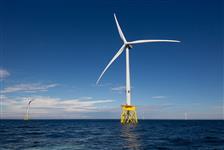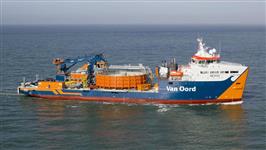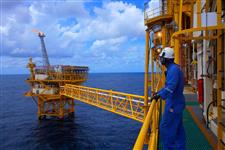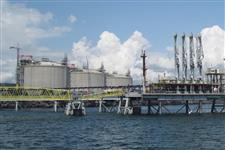
UK Offshore Wind and CCS Colocation Projects Initiate Research for Future Integration
Posted 28/11/2023 13:36
The Offshore Wind and Carbon Capture and Storage (CCS) Colocation Forum has launched two research projects, Project Colocate and Project Anemone, aimed at providing strategic coordination for the colocation of offshore wind and CCS activities on the UK seabed. These projects, initiated by the Forum, build on the Spatial Characterisation Report, which identified potential overlap areas for offshore wind and CCS on the seabed, and the Seismic Imaging Report by NSTA, exploring monitoring options for carbon storage and offshore wind sites to address colocation challenges.
Project Colocate:
- Led by the University of Aberdeen with funding from the Crown Estate and Crown Estate Scotland.
- Aims to assess the viability of specific seabed areas for colocation of CCS and offshore wind.
- Focus areas include the East Irish Sea and Central North Sea, identified as having significant potential for future colocation.
- Will develop bespoke monitoring plans for each area to facilitate safe and efficient colocation.
Project Anemone:
- Seeks to identify mutually beneficial opportunities arising from the colocation of offshore wind and CCS.
- Aims to map routes for realizing these opportunities, providing practical guidance from construction to decommissioning.
- Will offer insights on how offshore wind and CCS technologies can operate collaboratively.
Adrian Topham, Chair of the OW & CCS Colocation Forum at The Crown Estate, stated, "Both projects will help pave the way for test and demonstration, as well as facilitating greater collaboration and understanding between these two vital sectors." These initiatives align with the UK Government's goal to achieve 50 GW of offshore wind energy and capture 20-30 million tons of CO2 annually by 2030 to meet net-zero targets.
RenewableUK's EnergyPulse market intelligence data report indicates that the UK's offshore wind project pipeline has reached almost 98 GW, positioning it as the second-largest globally, following China. The research projects aim to contribute to the effective integration of these vital sectors for achieving the UK's ambitious climate and energy goals.










